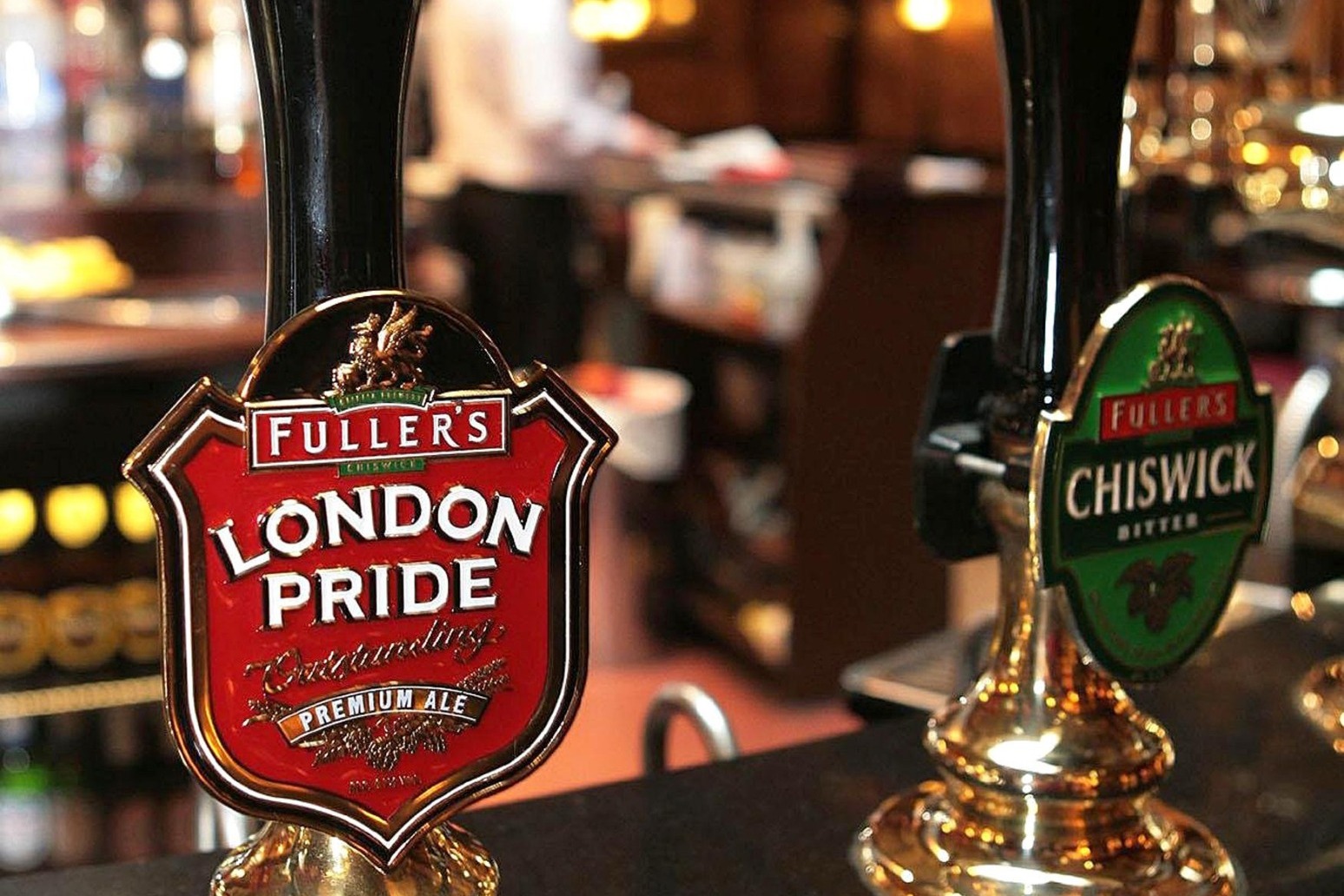
Pubs are preparing to swallow energy bill hikes of up to 400%
Drinkers may have to stomach a hike in the cost of a pint, as pubs and breweries across the country face an increase of thousands in their energy bills.
Drinkers may have to stomach a hike in the cost of a pint, as pubs and breweries across the country face an increase of thousands in their energy bills.
Pubs are preparing to swallow energy bill hikes of up to 400% and also have to contend with the cost of energy required to brew beer, which has also soared.
The heads of six of the UK’s biggest pub and brewing companies have signed an open letter to the Government demanding that they act in order to avoid “real and serious irreversible” damage to the sector.
The King Charles I pub near King’s Cross, north London, is expecting around a 400% increase in the price of its energy bill. The pub is already paying around 12% more for a barrel of beer compared to last year.
One of the pub’s directors, Paul Butler, told the PA news agency that though they were confident that they would be able to survive the next few months, “it’s going be a bit of a squeeze”.
Mr Butler said: “The brewers are obviously suffering the same increases as we are. In addition to that, they’ve got cost increases in the price of grain which is feeding through to us.
“So we’ve got cost pressures not only on our personal heating and lighting bills and that sort of thing, but also that’s impacted our wholesalers as well.”
He added: “We’re going to try and pass some of the increases onto our customers, but I don’t think we can pass it all on.
“I don’t think our customers could probably stomach a sort of 15% rise in the cost of a pint or the cost of a glass of wine.”
Mr Butler expressed the desire to keep the “community spirit and atmosphere” of the pub going, and said: “I don’t want to price people out of the market. I’d rather keep turnover going than to put their prices up to a point where we don’t get that sort of atmosphere.”
Both the King Charles I pub and the Old Abbey Taphouse in Manchester are also facing a rise in staff wages in accordance with an increase in the living wage, which adds additional financial pressure.
Co-director and landlady of the Old Abbey Taphouse, Rachele Evaroa, told PA: “We try to be a living wage employer, but it doesn’t matter how much we pay the staff because their rent and bills are going up, so it’s really hard.”
The pub, which is also a social enterprise, started making inquiries with its energy company last week about the increase, but are yet to hear how much more will have to be paid.
She said: “Our electricity bill last year was £1,000 a month, we’ve seen it rise already by another £1,000 a month.”
She is also concerned about the fate of their charitable food project, Taphouse TV Dinners, where the pub provides a two-course hot meal and welfare checks on residents in one of the most deprived areas of Hulme in central Manchester.
“Since lockdown the funding’s disappeared, but I’ve seen the need rise, so we’re still feeding all these families, and the families are working families with both parents working, so I don’t know where the Government thinks it’s going to find the money.”
Ms Evaroa also noted that changes in customers’ lifestyles had caused a shift to late-night socialising, which is piling further financial stress on the pub.
“We’ve lost all after-work drinks’ trade because people are working from home. People don’t go to lunches anymore, so we’re now having to do more late night events, which takes wear and tear on the venue, and costs more on electricity.
“I get more noise complaints from neighbours, but I just need to keep bringing income.”
She added: “It doesn’t feel like the Government understands how businesses work at all. Throughout the pandemic it felt like that. I don’t think they understand about supply chains, I don’t think they understand about stock.”
Instead of being able to rely on trading for 90% of the business model and funding from local organisations for just 10%, as they did in the past, the Old Abbey Taphouse will now have to look to funding for 40% of its revenue.
“That’s the only way I can see us surviving,” the landlady said.
Published: by Radio NewsHub